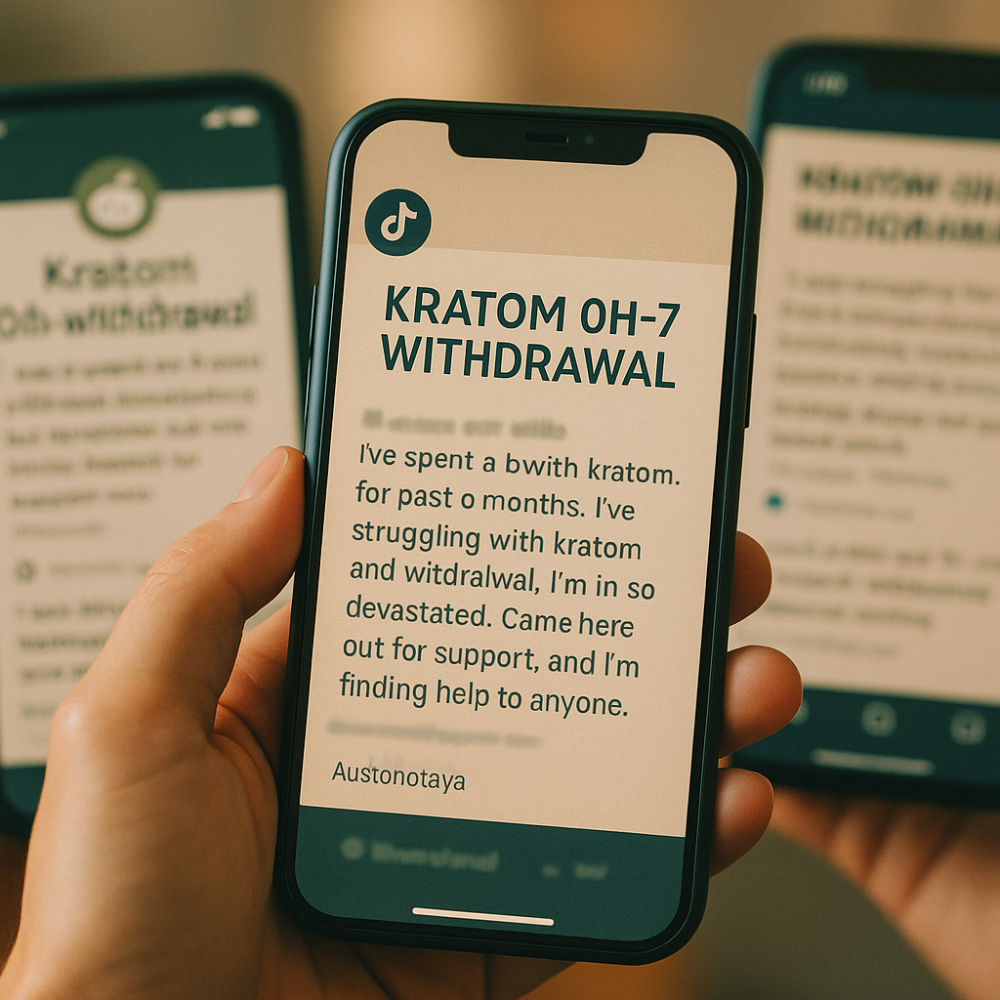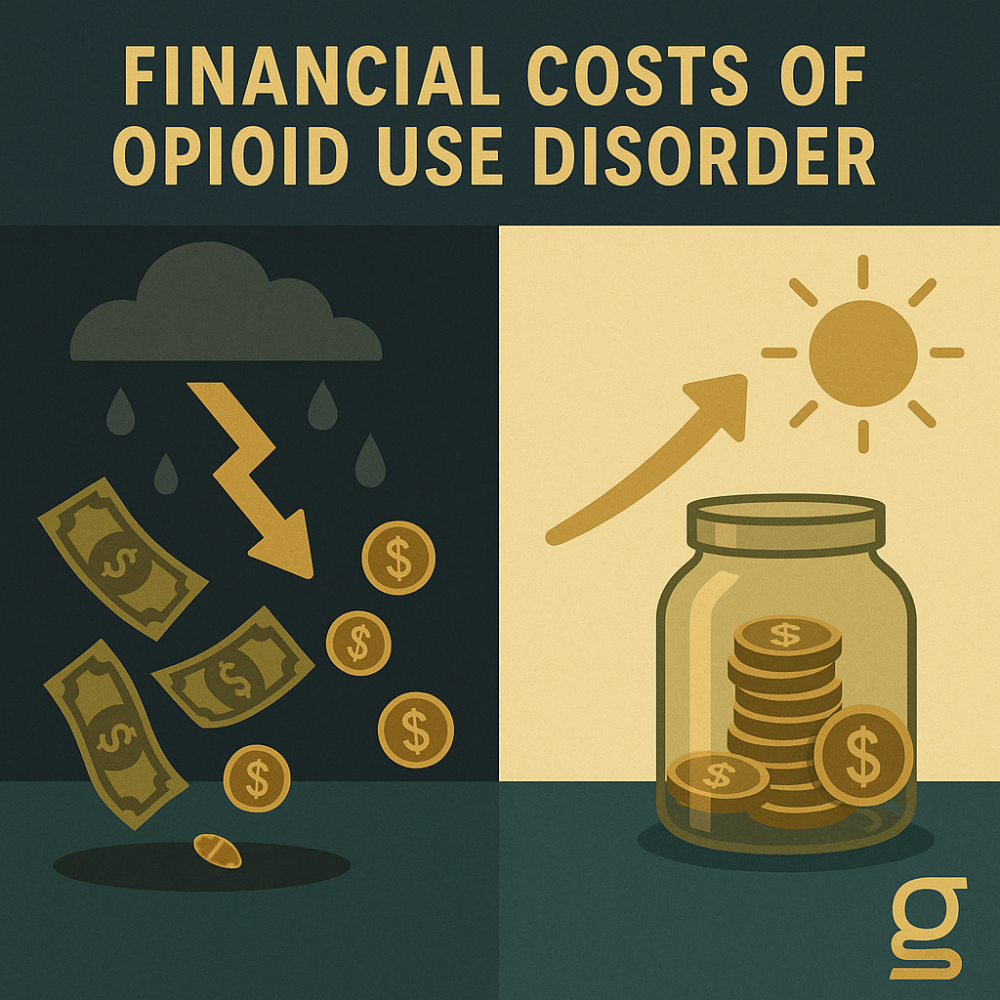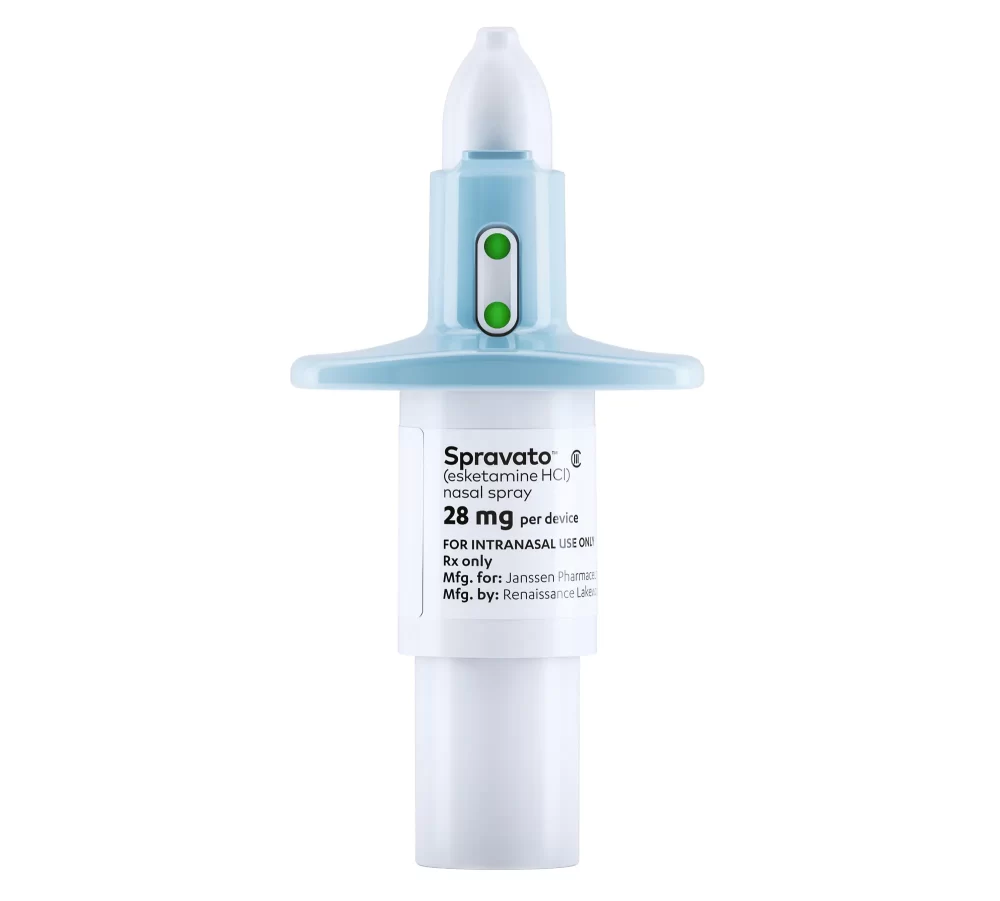In the face of a devastating opioid crisis that continues to claim tens of thousands of lives each year, researchers at the University of Houston (UH) are making significant strides in developing a potentially game-changing weapon: a vaccine against fentanyl. Led by Dr. Colin Haile, a research associate professor of psychology and addictions researcher, the team’s work offers a glimmer of hope in the battle against one of the most dangerous synthetic opioids on the streets today.
The Fentanyl Crisis: A Growing Threat
The urgency of this research cannot be overstated. According to the National Institute on Drug Abuse, synthetic opioids like fentanyl were responsible for a staggering 70,601 deaths in 2021 alone. The drug’s potency is alarming – as Dr. Haile points out, just two grams can be lethal, and some of its derivatives are even more dangerous.
The crisis has reached such proportions that even schools are taking drastic measures. In September 2022, the Los Angeles Unified School District announced that Narcan, an emergency opioid reversal medication, would be made available in all K-12 schools – a move that underscores the pervasiveness of the fentanyl threat.
A Novel Approach to Combating Addiction
What sets the UH team’s vaccine apart is its innovative approach to tackling addiction. Unlike traditional vaccines that target pathogens, this vaccine is designed to create antibodies against a chemical – fentanyl itself. Dr. Haile explains:
“We vaccinate, and the individual develops anti-fentanyl antibodies, which bind to the chemical and prevent it from getting to the brain, instead keeping it in the blood until it is eventually eliminated from the body.”
This approach effectively blocks fentanyl’s ability to reach the brain, thereby preventing its euphoric and dangerous effects, including the dreaded “wooden chest syndrome” where users lose control of their diaphragm.
Promising Results and Future Prospects
The vaccine has shown remarkable efficacy in animal trials, completely blocking fentanyl’s effects for 5-6 months in rats. While human trials are still pending, these results are incredibly encouraging.
If approved by the FDA for mass use, this vaccine could be a game-changer in addiction treatment and overdose prevention. It could potentially benefit both individuals struggling with opioid use disorder and first responders who risk exposure to fentanyl in the line of duty.
Challenges and Optimism
Developing this vaccine hasn’t been without its challenges. The research team encountered several obstacles, from issues with antibody detection to problems with vaccine component synthesis. However, Dr. Haile and his team’s persistence and problem-solving skills have allowed them to overcome these hurdles.
While FDA approval and clinical trials are still significant steps ahead, Dr. Haile remains optimistic. He notes that the vaccine is composed largely of ingredients already used in other approved vaccines, which could potentially streamline the approval process.
A Ray of Hope for Families
Perhaps most poignantly, Dr. Haile emphasizes the potential impact on families affected by the opioid crisis. He mentions receiving hundreds of inquiries from parents desperate to help their children overcome addiction or prevent a fatal overdose.
“I know this vaccine will save lives,” Dr. Haile affirms, underscoring the profound potential of this groundbreaking research.
Looking Ahead
As the opioid crisis continues to evolve and claim lives, innovative approaches like the UH team’s fentanyl vaccine offer a beacon of hope. While it may be several years before such a vaccine becomes widely available, the potential to save countless lives and transform addiction treatment is immense.
The work of Dr. Haile and his colleagues at the University of Houston serves as a powerful reminder of the crucial role that dedicated research plays in addressing our most pressing public health challenges. As we look to the future, their efforts bring us one step closer to turning the tide in the fight against fentanyl and the broader opioid epidemic.
Read more about this from the University of Houston Texas Magazine Website



